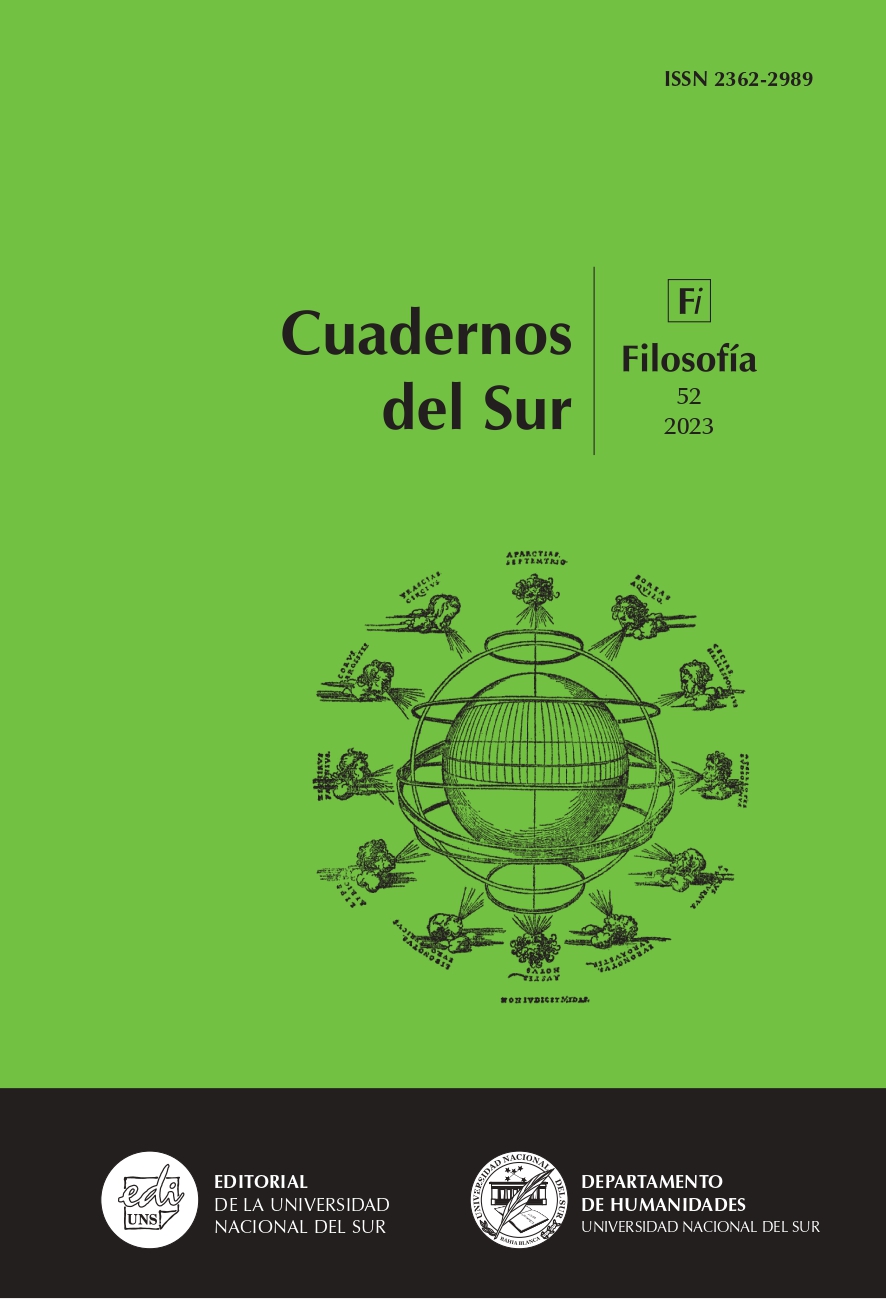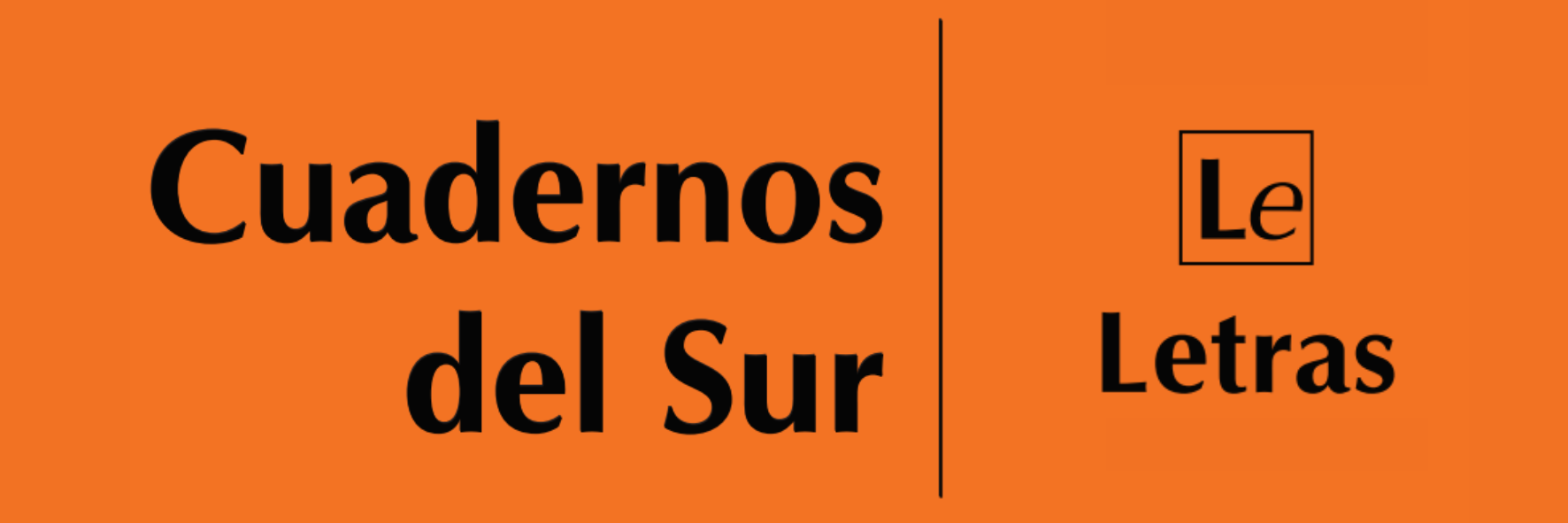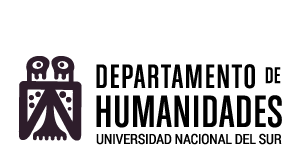Tullia d’Aragona: una lectura feminista avant la lettre del neoplatonismo renacentista
DOI:
https://doi.org/10.52292/csf5220234510Keywords:
d’Aragona, love, neoplatonismAbstract
In her treatise Della infinità di amore (1547), Tullia d’Aragona (c. 1510-1556) elaborates an original interpretation of the Neo-Platonism of her time, especially with respect to the theme of love, in vogue in the 16th century. Tullia’s originality lies in being the author of the only Italian erotic dialogue with Neo-Platonic influence written by a woman during the Renaissance. In this dialogue, the courtesan postulates the natural equality of men and women, which becomes a radical revision of the concept of love developed by other love treatises of her time.
In this paper, I propose to highlight the originality of Tullia d’Aragona’s concept of love. To achieve this purpose, I will divide this work as follows: first, I will dwell on Tullia’s strategies to discuss a topic traditionally dealt with by philosophers and male scholars. In addition, I will address the critics that the courtesan-philosopher dedicates to these authorities. Secondly, I will deal with the main problem developed in the dialogue, that is, whether it is possible to love infinitely or whether there is a limit to such activity. Finally, I will analyze the concept of amore onesto and its particularities in order to defend the originality introduced by Tullia in the Renaissance discussion of love.
Downloads
References
Aristóteles (2015), Política, Buenos Aires, Prometeo, [traducción de Gabriel Livov].
D’Aragona, Tullia (1974), Della infinità di amore. Dialogo di Tullia d’Aragona colla vita dell’autrice scritta da Alessandro Zilioli, Bologna, Arnaldo Forni Editore [reimpresión anastática de la edición de «Biblioteca rara» XXIX, Milano, G. Daelli e C. Editori, 1864].
Ficino, Marsilio (1944), Commentary on Plato’s Symposium of Love, Columbia, University of Missouri, [traducción de Sears Reynolds Jayne].
----- (1994), De amore. Comentario a “El Banquete” de Platón, Madrid, Tecnos, [traducción de Rocío de la Villa Ardura].
Hebreo, León (2002), Diálogos de amor, Madrid, Tecnos, [traducción de David Romano].
Antes, Monika (2011), Tullia d’Aragona. Cortigiana e filosofa, Florencia, Polistampa.
Aparicio Villalonga, Catalina (2009), Las heteras en la antigua Grecia, Madrid, Menades.
Deleuze, Gilles y Guattari, Félix (1993), ¿Qué es la filosofía?, Barcelona, Anagrama, [traducción de Thomas Kauf].
Glantzi, Evangelia (2020), “Gender and Equality between Women and Men in Tullia d’Aragona’s Dialogue on the Infinity of Love”, en Ebbersmeyer, Sabrina y Paganini, Gianni (eds.), Women, Philosophy and Science. Italy and Early Modern Europe, Suiza, Springer, pp. 25-40.
Hairston, Julia (2007), “d’Aragona, Tullia”, en Robin, Diana et al. (eds.), Encyclopedia of Women in the Renaissance. Italy, France and England, California, ABC-CLIO, pp. 26-29.
Plumwood, Val (1993), Feminism and the Mastery of Nature, Londres, Routledge.
Russell, Rinaldina (1997), “Introduction”, en d’Aragona, Tullia, Dialogue on the infinity of love, Londres, The University of Chicago Press, pp. 21-42.
How to Cite
Issue
Section
License
Copyright (c) 2023 Agustín Bianchi

This work is licensed under a Creative Commons Attribution-NonCommercial 4.0 International License.
Aquellos autores/as que tengan publicaciones con esta revista, aceptan los términos siguientes:- Los autores/as conservarán sus derechos de autor y garantizarán a la revista el derecho de primera publicación de su obra, el cuál estará simultáneamente sujeto a la licencia Atribución-No Comercial 4.0 Internacional CC BY-NC 4.0.
- Los autores/as podrán adoptar otros acuerdos de licencia no exclusiva de distribución de la versión de la obra publicada (p. ej.: depositarla en un archivo telemático institucional o publicarla en un volumen monográfico) siempre que se indique la publicación inicial en esta revista.
- Se permite y recomienda a los autores/as difundir su obra a través de Internet (p. ej.: en archivos telemáticos institucionales o en su página web) una vez publicado su trabajo, lo cual puede producir intercambios interesantes y aumentar las citas de la obra publicada. (Véase El efecto del acceso abierto).








